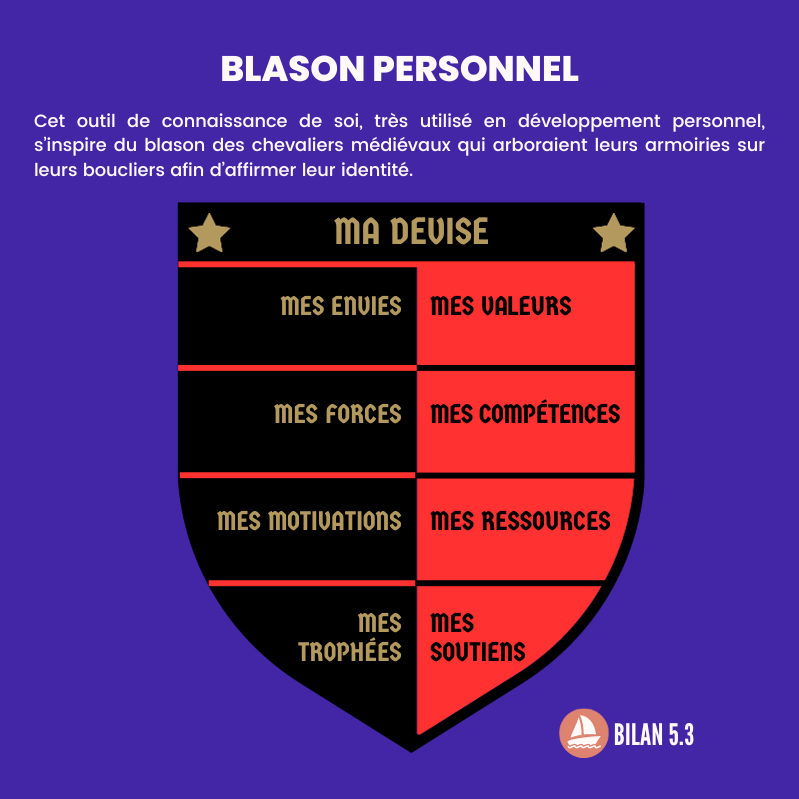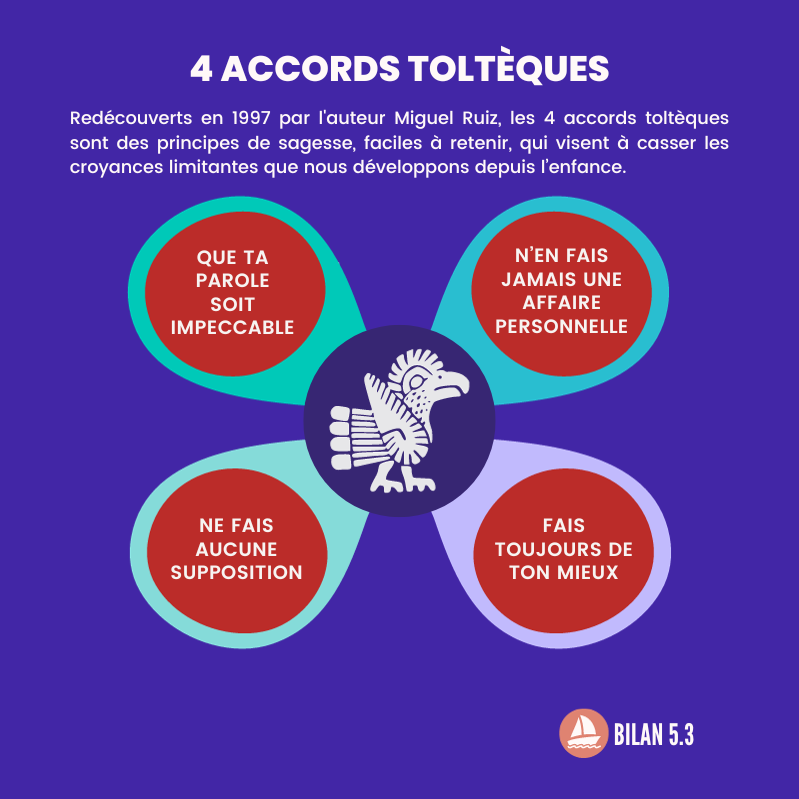School orientation is one of the first important decisions that young French people have to make in their lives. And not the easiest… Fortunately, parents, you are there to help them in their journey of the future! Two specialists on the subject will explain the art and the way to you.

General or technological branch? Hard sciences or human sciences? Prep, college or school? Office job, care profession or manual profession? The time of choice is approaching for some 5.6 million middle school and high school students in France who, in the coming weeks or years, will have to think about a course, project themselves into a job, imagine a career or at least a semblance of a professional future. The thing is not easy, the field of possibilities is wide open and no textbook has the record. Proof of this difficulty in getting on the right path, nearly half of young people aged 17 to 23 (49%) admit to having some regrets about their orientation, according to a recent study Ifop. What’s fault ? A lack of information to guide them in their race, as well as a lack of understanding of their own desires, according to another investigation. Good news, parents can act as relays and help their offspring make the right decisions. But how to do it ? Insights with the educational psychologist Jessica Hollanderauthor of The teenage crisis will not take place (ed. Solar, 2021) and Caroll Le Furcareer coach and author of What do you want to do later? 21 days to help your teenager build their orientation (ed. Eyrolles, 2020).
– Better Living Health: Why is it so difficult to orient yourself when you are young?
Jessica Hollander : Adolescence, which begins around the age of 12, is a period of intense cognitive and cerebral development, during which the executive functions of organization and planning are being acquired. The human brain only reaches maturity around the age of 25! Difficult, therefore, to ask a teenager to be organized or to plan, whether in the short term (his homework, for example) or in the longer term (his future job). Not to mention that the pressure to choose the “right” orientation can weigh heavily in the balance.
– When and how to broach the subject with your teenager?
JH : Projecting yourself over a lifetime is often a source of stress, so the question “What do you want to do later?” should already be replaced. » by « What do you like to do now ? “. This can be mentioned from the first orientation needs, in college, by helping him in particular to identify the subjects he prefers and how he likes to learn. This can help him, already, to choose between general or professional streams. It is essential to approach the subject little by little, in a process of pleasure rather than obligation.
Caroll Le Fur : It’s a good idea to start by telling him about you, as a working parent. Many teenagers have no idea what their parents actually do, or they have only heard the bad sides, the criticisms. You must therefore take the time to explain to him what you do all day, your role and your missions in the company, the people you meet… The idea is to contextualize your own path to interest him in the subject. orientation.
– Teenagers often have other things on their minds than school or their professional future… How do you make them want to “find their way”?
JH : “Finding your way” is an expression full of meaning… As if only one way were possible! As if you couldn’t change your mind! It is important that the teenager wants to take a step in front of the other, even a small one, rather than a big leap into the void. To do this, you have to start from what he likes to do and potentially from the jobs that could correspond to it. Parents can invite him to chat with friends, uncles, cousins who do a particular job, or offer to take him to trade fairs. Seeking the help of a third party can help to gain perspective, gain serenity and well-being for the whole family.
CLF : It is a question of listening to one’s talents and interests, always from a positive angle and not forced. He loves to draw? Ask him if he knows the trades of graphic design, if he wants to know more… Does he like to cook? Suggest that they go for an initiation to a cooking class with him! There is no point in talking about “jobs”: often, he does not know them (or so in a fantasized way, through fiction), and then what’s the point, when 45% of jobs are bound to disappear within 10 years to come? Get him to talk about what interests him. He will then want to know more, and therefore to confront himself, to take the first step. From the moment the teenager wonders about his future, he finds leads.
– As a parent, how can you give your opinion without risking imposing your ideals, your fears, your regrets? How to help without influencing too much?
JH : By taking care of yourself as a parent! This involves asking ourselves what goes through us and why, becoming aware of our own cultural patterns and family heritage, and thus determining our needs vis-à-vis our child. Being a parent of a teenager means playing a balancing act between presence and the right distance. Teenagers need a framework, of course, but a flexible and co-constructed framework, that is to say which is defined together (even if the parents remain the guarantors). The idea is therefore to open spaces for discussion during moments of relaxation (meals, weekends, holidays…), to take an interest in them without projection, as if it were a teenager of your best friend.
CLF : Parents should not position themselves, quite simply! It is difficult to be neutral vis-à-vis the choices of your child, and often, moreover, this results in family mimicry: a teenager who has a lawyer mother is seven times more likely to make law studies. Why not ? But to leave him as much freedom as possible, you have to put aside his affect and his own ambitions, which are rarely those of his child. The worst would be to worry for him, and pass on your anxiety to him. Trust him no matter if he strays into the wrong lane and takes a 180° turn.
– Does this mean that parents should exclude more trivial matters, such as professional opportunities or remuneration? Should we mention the famous “reality principle” or not?
JH : Objective reality is as important as ideals and dreams. Parents are there precisely to pass on their experience, and in particular their learning of this principle of reality. But they must make allowances: informing about reality does not mean transmitting one’s anxieties! You must therefore allow your teenager to dream, and even nourish his dreams, before helping him to come back down gently, to make his dream a reality. This is where he needs adults (with more maturity, experience and hindsight) benevolent (with as few projections as possible).
CLF : Yes, to some extent. Telling your child to be an engineer “because there is work” is not a solution: if he is bad, he will not be hired! But at some point in the reflection, it is necessary to make a school file stick to the reality of the facts. This is also often correlated: a teenager who puts maths and physics aside since middle school is unlikely to want to become a scientist. It is the role of the parents to inquire to find the best alternative. It is not a question of smashing his dreams, but that he realizes for himself that this dream is not necessarily the most suitable. A child who imagines himself as an astronaut like Thomas Pesquet doesn’t need anyone to realize that it’s going to be complicated if he doesn’t like science…
– Are there practical exercises to suggest to your teenager to help him?
JH : An effective method consists of filling in a double-entry table, with on one side “what he likes/dislikes”, and on the other “what he can do/cannot do”. In my office, I also use a tool inspired by Japanese culture called “ikigai”, which can be translated as “what makes you want to get up in the morning”. Parents can also suggest that their child take the VIA Character test intended to identify his strength of character: the first six strengths that emerge from the questionnaire are, in a way, his superpowers!









